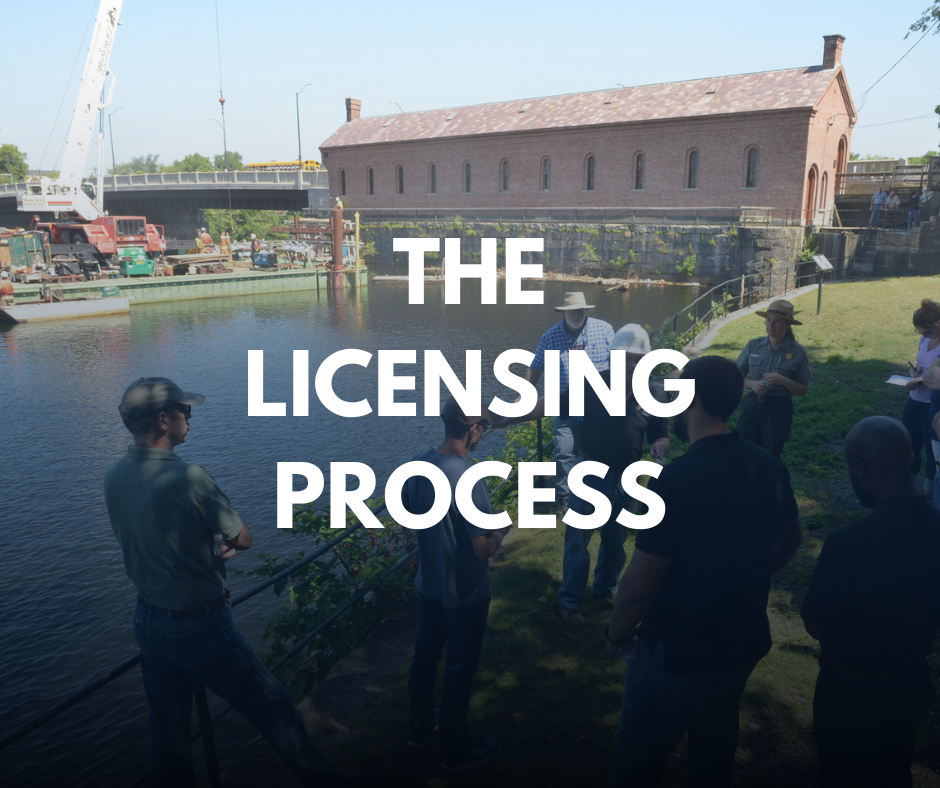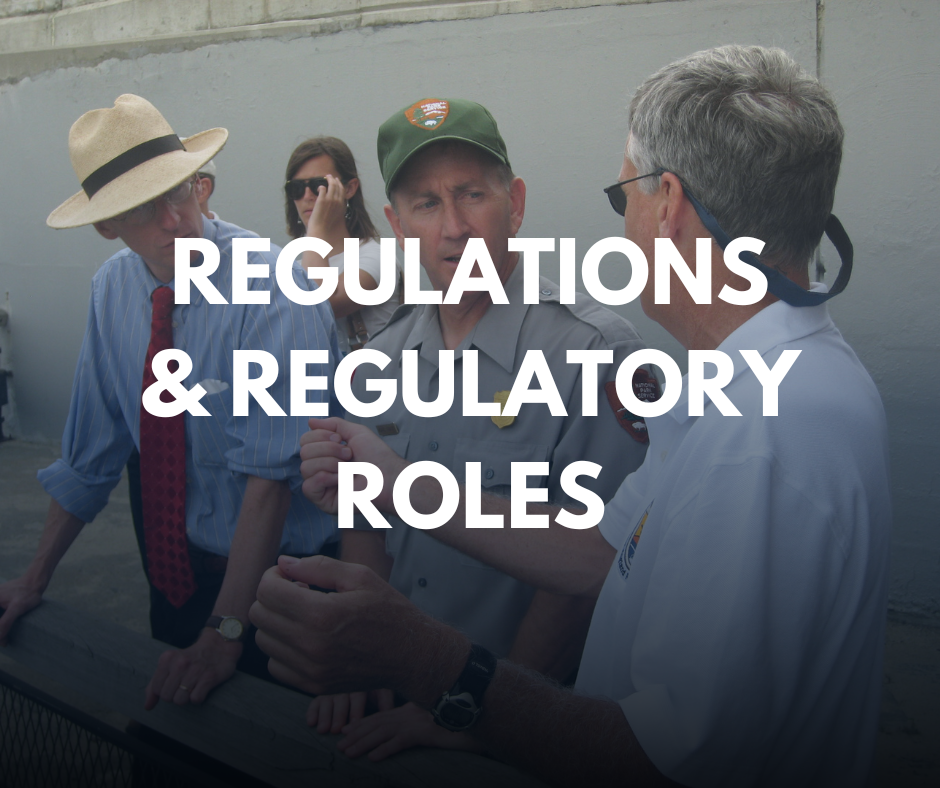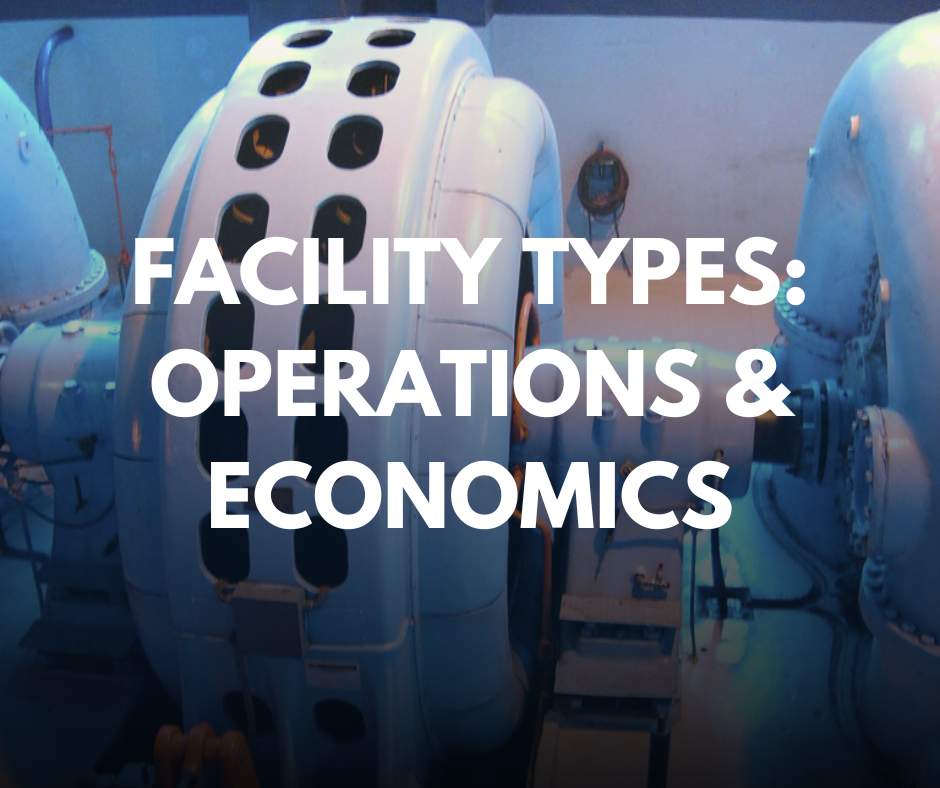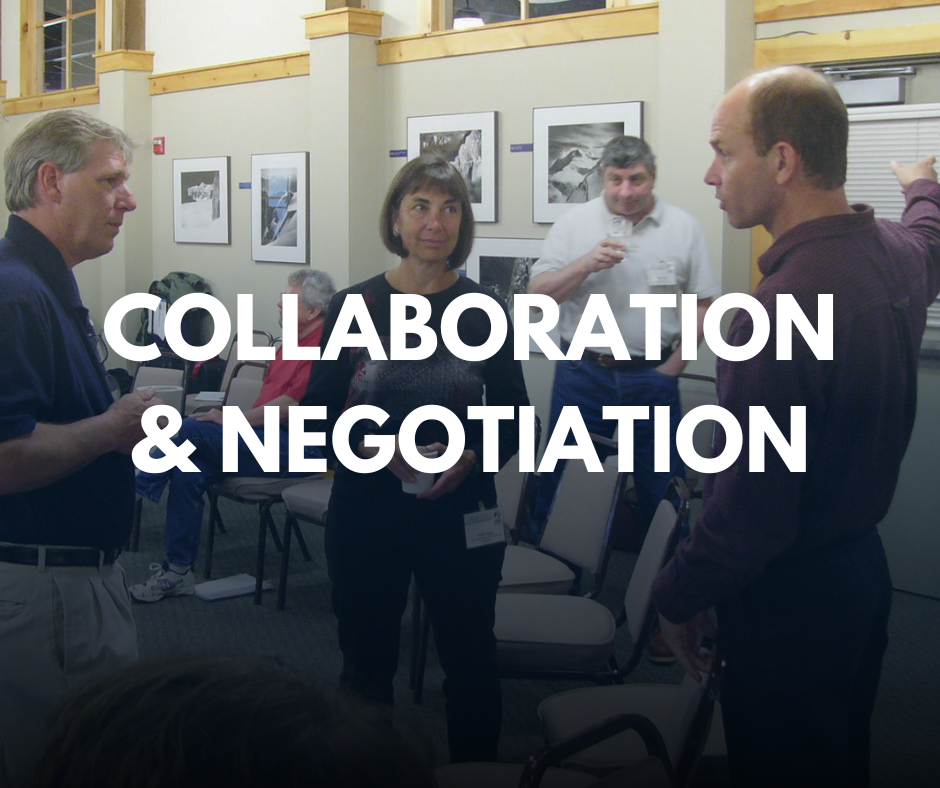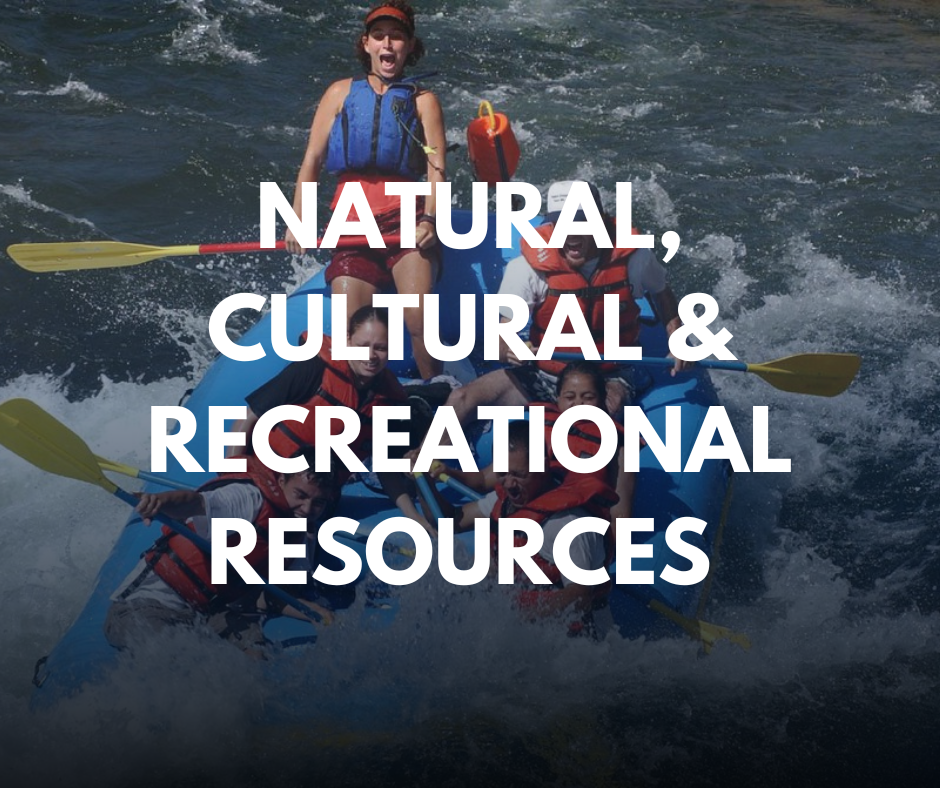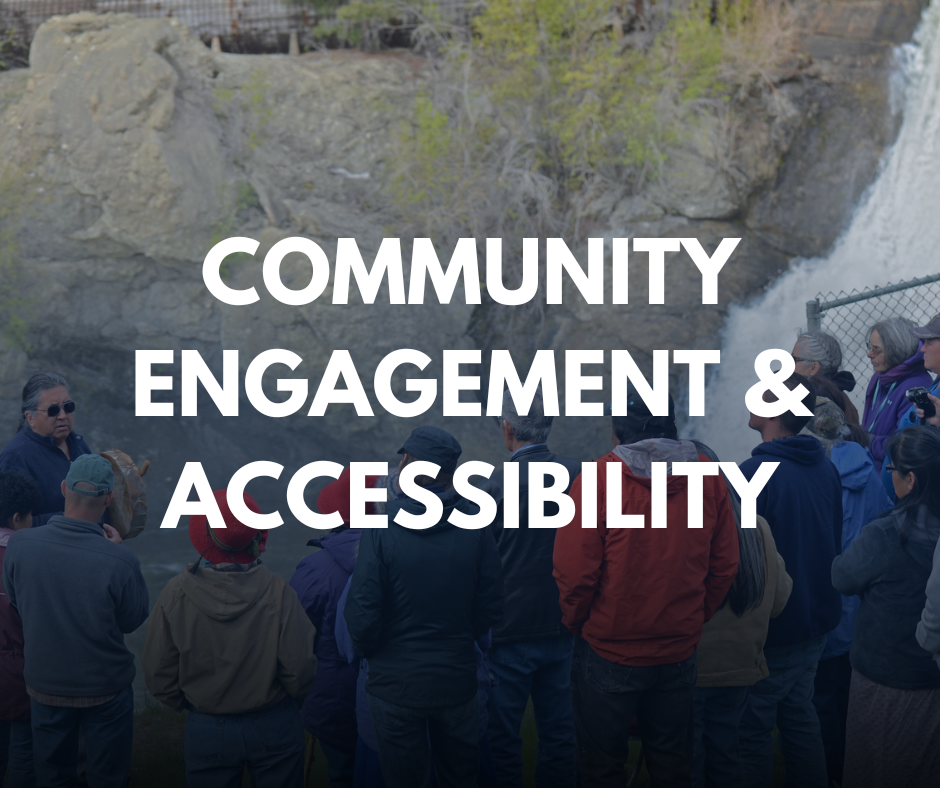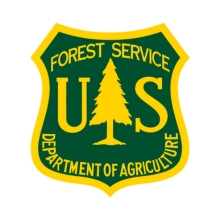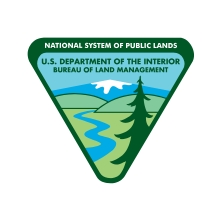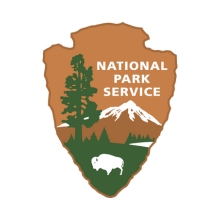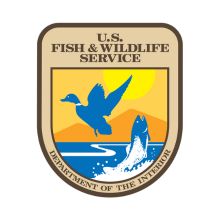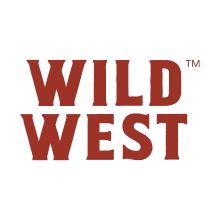- Home
- About
- Training & Events
- 2027 Symposium
- Resources
- For Members
Hydropower Licensing 101 Toolkit HomeGreetings! Welcome to our hydropower licensing primer. This site is intended to introduce newcomers to the Federal Energy Regulatory Commission (FERC) licensing process for both proposed projects and for existing projects that are due for license renewal. Developed as a joint effort between the National Park Service, River Management Society, Hydropower Reform Coalition, and with input from subject matter experts, our goal is to help you become proficient in the hydropower licensing process.
A license is required to operate most non-federal hydropower projects and non-federal projects attached to a federal dam. These licenses are issued by the Federal Energy Regulatory Commission (FERC) and have a lifespan of 30 to 50 years, at which point the project is either relicensed or possibly surrendered. Hydropower, or hydroelectric power, is one of the oldest and largest sources of renewable energy, which uses the natural flow of moving water to generate electricity. As of 2023, hydropower accounts for 31% of total U.S. renewable electricity generation and about 6% of total U.S. electricity generation. Rivers are a public resource that can provide benefits to society as long as the necessary ecosystem processes are protected. Engaging in the licensing of a project gives you the opportunity to affect changes that could last into the next generation.
Becoming a Confident Hydropower PractitionerAs a hydropower practitioner, your actions can create long-term impacts on rivers and their surrounding communities. You should develop several core competencies to participate as a genuine representative of your organization and an effective contributor to the license or settlement terms. Click on the images below to learn more about six primary categories of proficiency or core competency, which have been identified and explained by the authors of this resource.
Photos courtesy of the National Park Service and the Hydropower Reform Coalition
1 This resource is disseminated under a cooperative agreement with the National Park Service and River Management Society in the interest of information exchange. The U.S. Government assumes no liability for the use of information contained in this website. The government is not responsible for the facts and accuracy of the data presented herein. The contents do not necessarily reflect the official policy of the National Park Service or other federal agencies involved in the development of this report. This website does not constitute a standard, specification, or regulation. |





